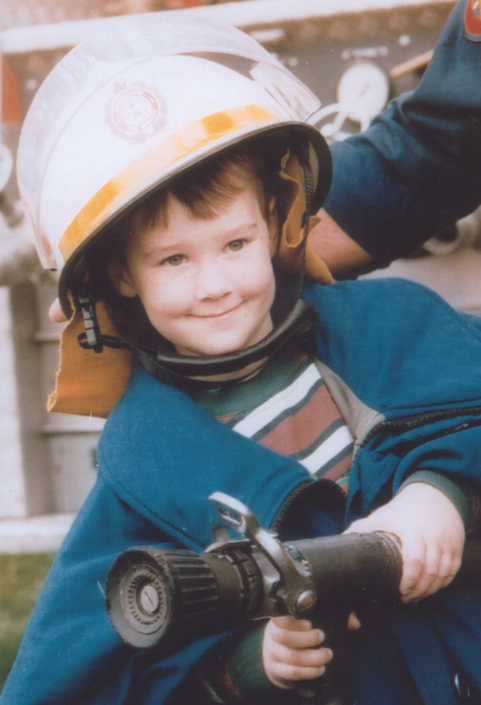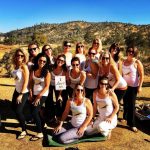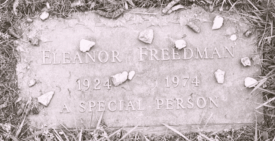My son Nathan was 9 when he was hit by a car, and sustained massive head injuries. After several tests the doctors told me he was brain dead and encouraged our family to turn off his life support and donate his organs. Two days later we did just that, and said our last goodbyes.
At first I went on auto-pilot. Trying to absorb such an enormous shock was not an option. Nothing seemed real. After the funeral and meals stop coming around, I still wanted to avoid the grief but it always had a way of finding me.
I started to question and doubt everything about Nathan’s death, what I was told at the hospital, the decision to turn off his life support. I would lie awake at night going over and over how, why or “what if.” I became obsessed, convinced that if I worked out how I could change that day, or blame someone else, I could somehow bring him back. I was exhausted not so much by the process of grief, but my busy mind trying to find the answers to every question. I wasn’t even sure who I was anymore.
Grieving differently from my partner and family members sometimes created a wedge between us. I felt disconnected from family because they didn’t feel as devastated as I did, which left me feeling more alone. My friends and family often didn’t want to speak about the accident, or Nathan, for fear it would cause me more pain. The fact is, I never wanted to stop talking about my son. Deep down, I knew I had to face the fact that he was never coming home.
One day, after seeing me so emotionally exhausted, a friend suggested a yoga class. As my mind was constantly haunted by the “what ifs” and guilt, I decided to try it.
It was a Bikram hot yoga class and besides being extremely hot, each pose was very demanding on my body. I was so proud of myself for finishing the class. Although exhausted, I also felt strangely peaceful and relaxed for the first time since Nathan died.
Related
That night I had the most amazing dream about my son. I was picking him up from school and after he got into the car, he leaned over and kissed me on the cheek. Not only did I still feel it when I woke up, I also felt like he was okay and at peace. This gave me great hope.
Overtime, yoga helped me by slowing down my constant thoughts. When I began to connect to my breath, to breathe more deeply and gently, I was able to feel I had more control over my emotions and my life. Each yoga pose helped me release my stress, my anger, my grief. I always felt calmer and able to cope better the next day.
I then began practicing meditation, and this too helped immensely with releasing my emotions. It allowed my emotions to surface instead of me resisting them or suppressing them.
I learned to sit in the pain, and accept it without judgment.
I felt empowered to take charge of how I react to each situation and my grief. I asked myself each day, “Can I start the day positively? Can I start the day in hope?”
I began to let go of the stories in my head, the guilt, the belief that I never loved or did enough for my son (for it is never enough once they’re gone).
I also realized over time that there was no “right” way to grieve. The way I had felt at the time was right for me. When I began to understand this individuality, I began to be patient and more accepting of my friends and family’s responses. I needed only to focus on my grief and not on theirs.
Over time, through practicing yoga and meditation, I began to accept my loss, and my difficult and painful journey. I nurtured myself and asked for support when I needed it. More importantly, I allowed myself to be happy again. For Nathan and for those around me, this was a gift.
Karen Lang has two daughters. She is a counselor and Reiki therapist. In sharing her story, she wishes to bring hope and healing to others who walk this journey. She blogs at shamanismandhealing.wordpress.com.












